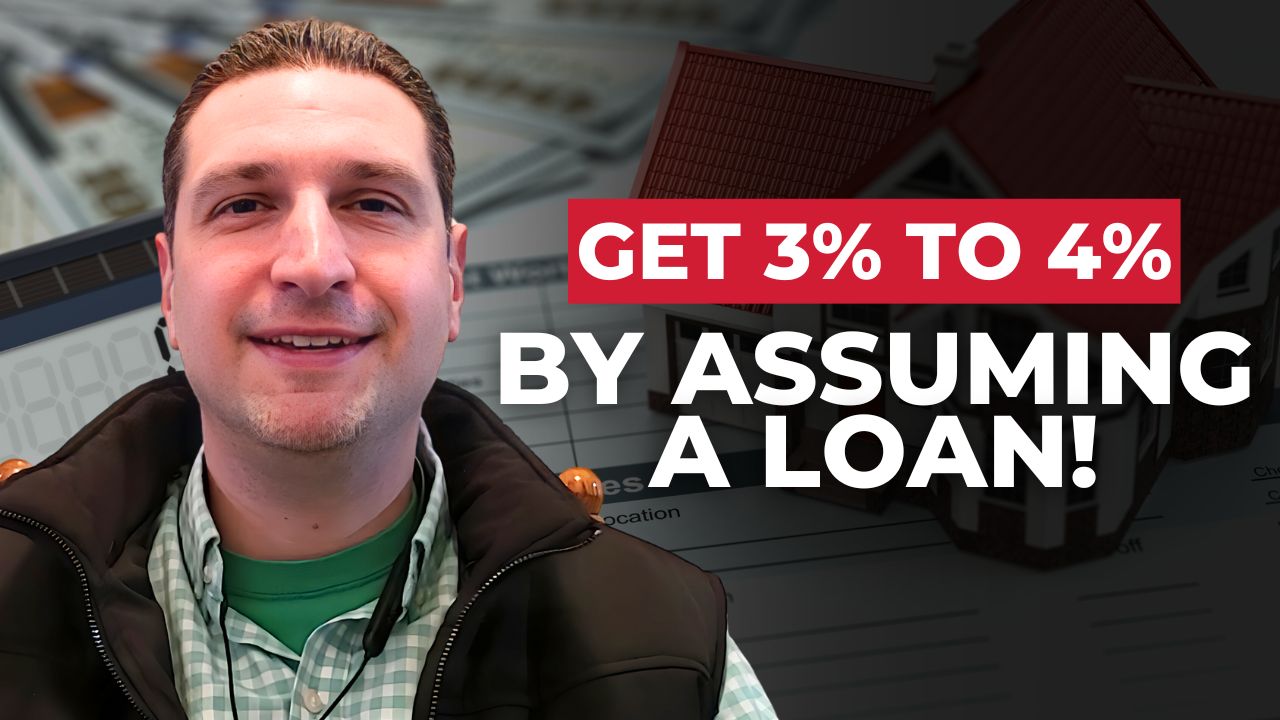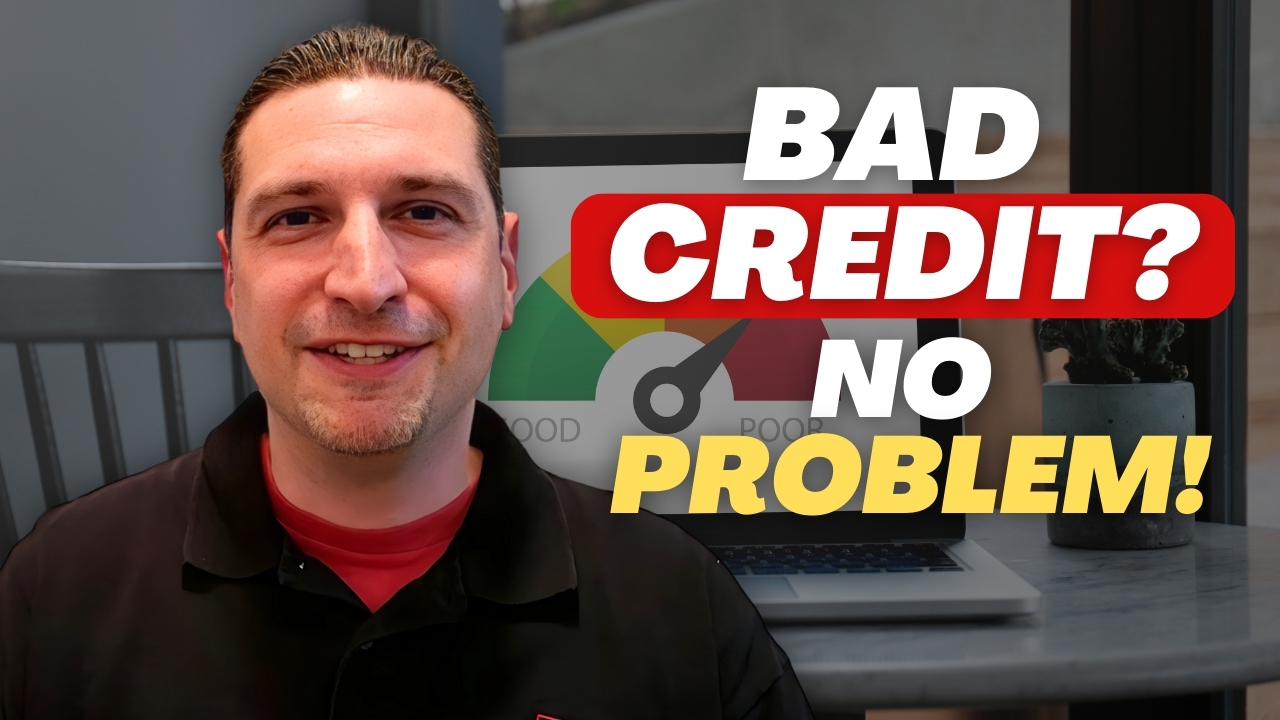Transform Your Kentucky Home Sale. Empower yourself with a free strategy session and sell your home like a pro. Book a Call Now
What do inspectors check when they’re doing home inspections? Buyers pay for home inspections even if they back out of the deal due to issues found during the inspection. Because of that, they lose money. But sellers lose money too since they need to take the property off the market for a week or more while inspection requirements are being ordered and fulfilled.
Home inspectors thoroughly check for things that might affect your home’s functionality or value. While it’s normal for an inspection to report minor issues, here are three main things that the inspector will check that could break a deal:
1. Roof. Having a roof problem is expensive. However, some insurance companies might cover a portion of your expenses if you meet their requirements. A small roof leak could cost around $7,000, but it will cost even more if the roof has been neglected for some time. Shingles are normally covered, but other issues like rotten wooden boards or mold problems are not. Homeowners who can’t afford a roof replacement opt for a patch job, disqualifying them for insurance claims because the roof has been tampered with. Other than that, inspectors look for leaks, damaged or missing shingles, and moss growth. They also look for any problems with the flashing, the gutters, vents, attic ventilation, and skylights, if your home has them. So, make sure everything is watertight so that you don’t run into any major issues.
2. Structure. The foundation of the home should be solid and be able to stand the test of time. Inspectors will check if there are cracks in the foundation or water damage to the siding or supports. They will also check the doors to make sure they’re aligned, as well as the sloping in the floor or cracks in the basement. This is a major issue that shouldn’t be ignored, so when that happens, we recommend a specialist for further foundation inspection, which is another expense for the buyer. If we’re working with a seller with a foundation issue, we recommend that they fix the problem using a company that offers a warranty that is transferable to the buyer. We can be fully transparent and offer this upfront to ease any worries the buyer has about the foundation of the house. The other option would be to reduce the price of the home to reflect the needed repairs.
3. Utilities. The HVAC, filtration, plumbing, and electrical systems will all be inspected to make sure they are working and have no safety compromises. If they’re damaged or faulty, find out how much it costs to have them repaired or replaced. We recommend having the air conditioning unit serviced, which is cheaper and a good selling point.
If you’re a seller and your home has no issues you’re aware of, then we wouldn’t recommend spending money on a pre-inspection. A good inspector will find anything that needs to be repaired. Any issues found must be disclosed in the seller’s disclosure. A pre-inspection might just cost you money and create more paperwork because buyers are still going to get your property inspected on their own anyway.
Pro-tips:
- Check for finicky light switches. Flip your light switches on and off a few times, and if they don’t work every time or flicker, that could indicate an electrical issue.
- Ask the home inspector to go all the way up into the attic for a close-up investigation for any problems, like damaged insulation or broken dryer ventilation, breaches in the walls, or animals in the attic.
- Rotting wood on any structure, cracks or broken windows, and chipping paint on the exterior of the house are considered hazardous materials. Have them fixed immediately before listing, as they can be deal breakers even for lenders.
I hope you find this helpful. If you have any questions, feel free to reach out. Call me at (502) 338-2861 or send me an email. I would love to connect with you.
Want to work with me? Here are some ways to get involved.
-
Real-World Home Value Estimate. We have eager buyers waiting in the wings. Share a few details, and we’ll give you a real-world estimate of your home’s value and the expected time to sell. Get Estimate
-
Maximize the Value of Your Home. Increase your home’s value with the right upgrades tailored to your home, neighborhood, and budget. Let me create a personalized plan to maximize your profits. Request Your Plan
-
Louisville’s Strongest Cash Offers. Skip the stress of showings and open houses. If you’re looking for speed and convenience, we have real cash buyers ready to make an offer on your home today. Get a Cash Offer Now
-
Home Buyers Academy. How can you afford a home? Join me online or in person and I’ll teach you everything you need to know about how to become a qualified buyer. Register Now





